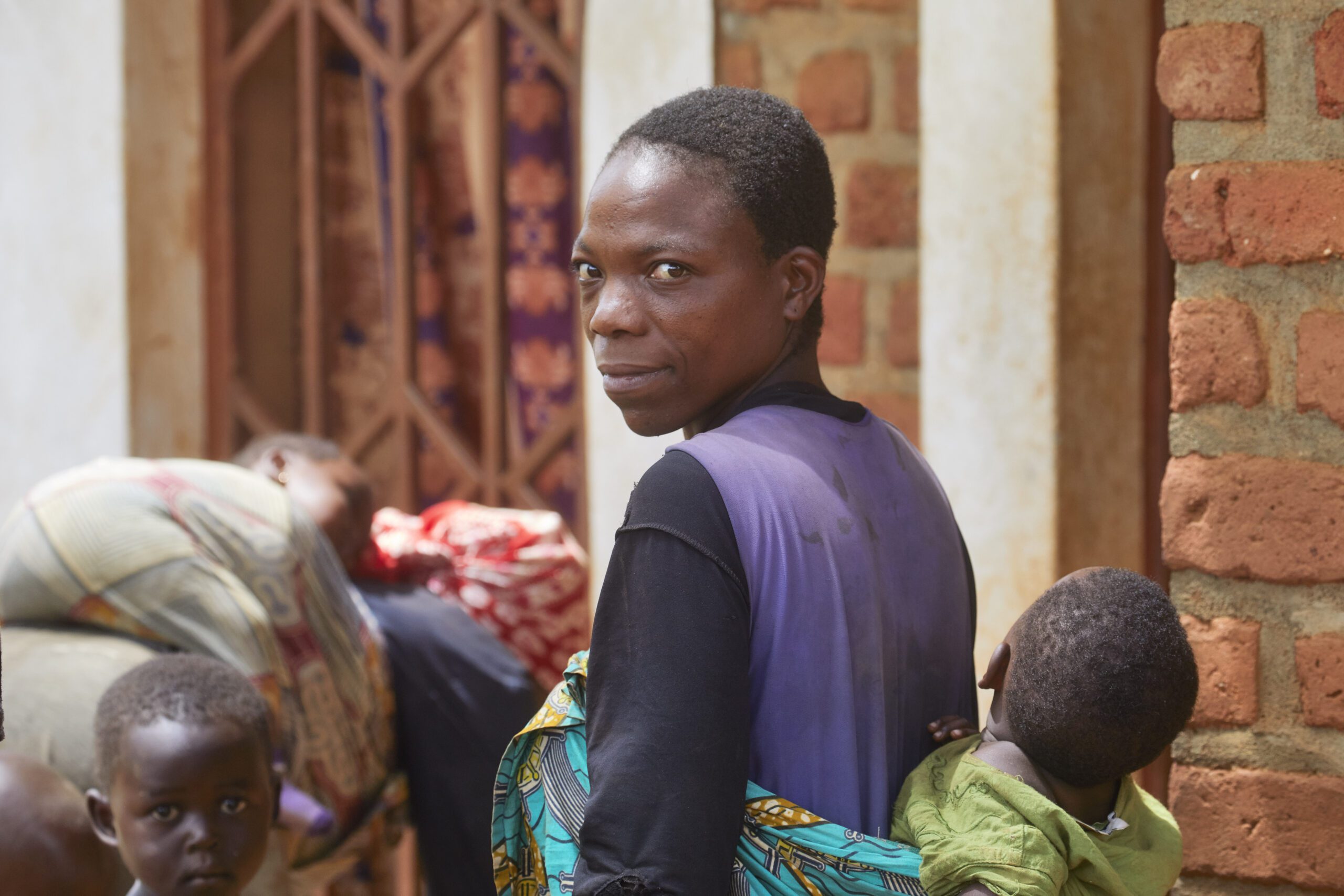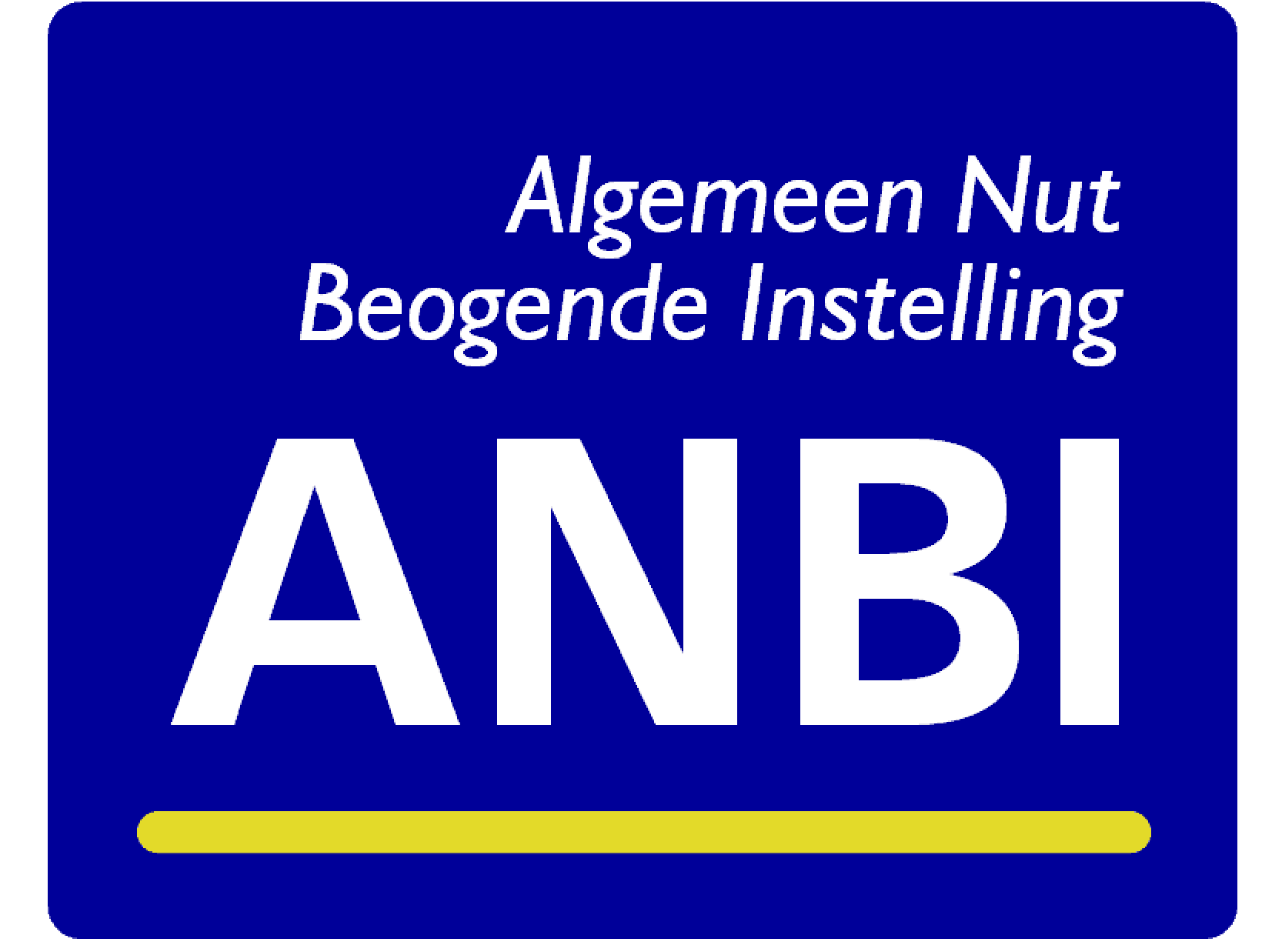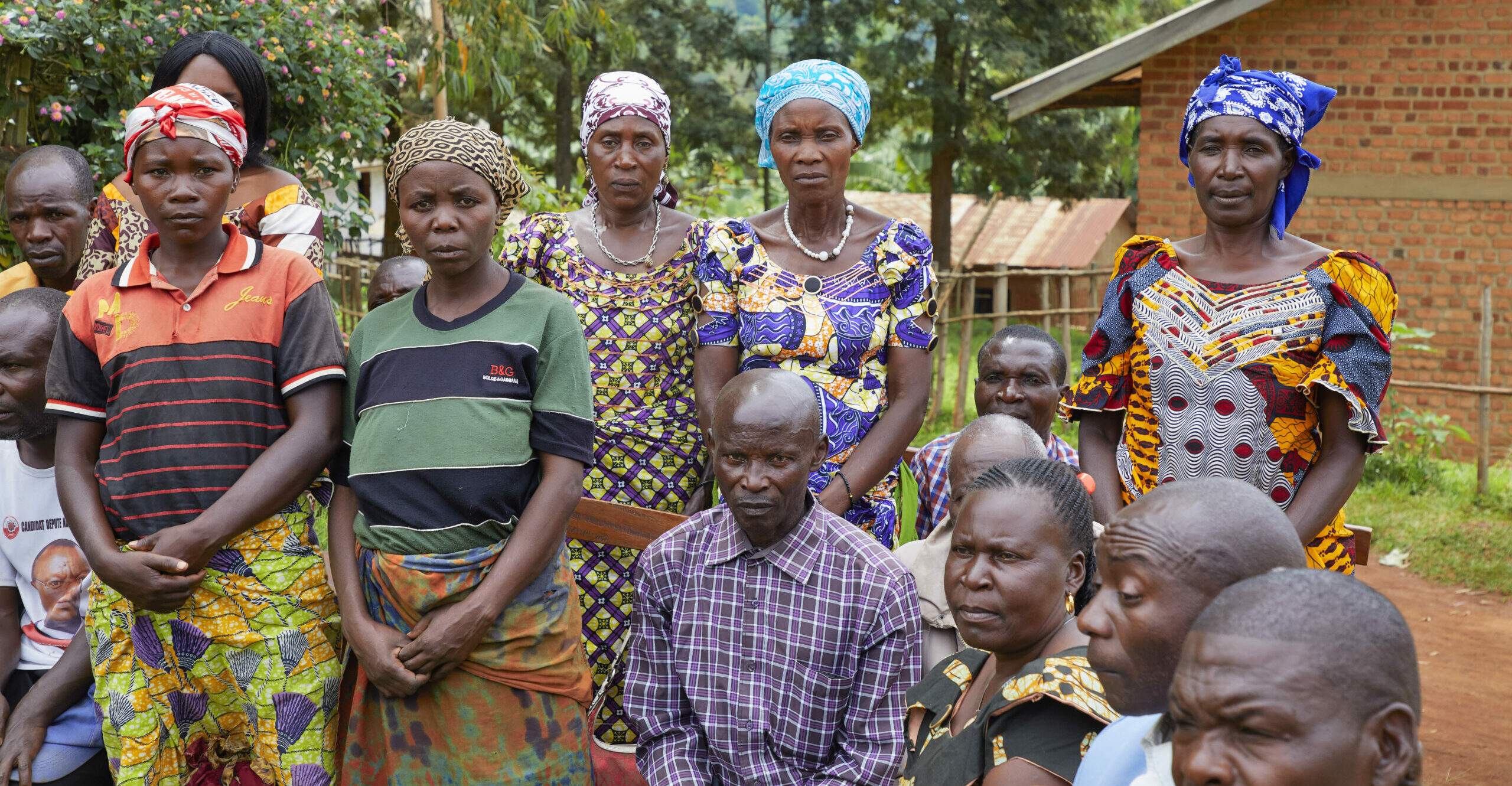

Culture of violence and mistrust
Decades of violence has tormented the people of the eastern parts of the Democratic Republic of Congo (DRC). Various armed militias profit from the power vacuum caused by the century-long plundering of the region’s vast natural resources. Governmental policies -often plagued by ethnic discrimination- adds fuel to the fire. Widespread corruption and lack of social cohesion is at the bottom of the societal unrest in the country.
Youth are vulnerable and driven to join militias due to lack of employment opportunities and a desire for better living conditions. Furthermore, interethnic conflicts fuelled by conspiracy theories and calls for genocide escalate the situation, creating a culture of violence and mistrust.
Our strategy
- Trauma Healing
- Alternative Narratives
- Dialogue
- Meaningful interactions by engaging with women and youth bridge builders
Our answer
To combat the complicated effects of the multigenerational suffering in DRC, we operate on multiple levels. Through partnerships with local actors, we ensure that the needs of communities are met.
Trauma healing- Years of violence have left countless people with severe trauma. We offer a two-step trauma healing process to provide relief and build up resistance towards youth recruitment by militias. This is implemented by local trauma experts and focuses on: 1. Stress management and relaxation, and 2. The healing of post-traumatic stress disorders – both in individual, and group settings.
Alternative narratives – Violent acts are mainly driven by the omnipresence of hate speech and targeting of people from different ethnicities. With Habari- a youth organisation working via social media- we provide youth, journalists and bloggers with a platform to combat highly-polarising, hostile content, and instead focus on disarming narratives and preventing further manipulation.
Dialogue – To ensure the sustainability of interventions, we partner with local key actors to enhance dialogue between various communities. These individuals become agents of change, and mobilise communities to create a culture of peace.
Meaningful interactions – Our previously established “Women, Peace and Security Programme” proves a valuable network of women leaders working on local peace. We further build on this programme by encouraging dialogue between women and youth bridge builders, whose task is to mobilise their own communities to build relationships with others.
Want to know more?
Would you like to find out more about this programme? Contact us via the button below.



